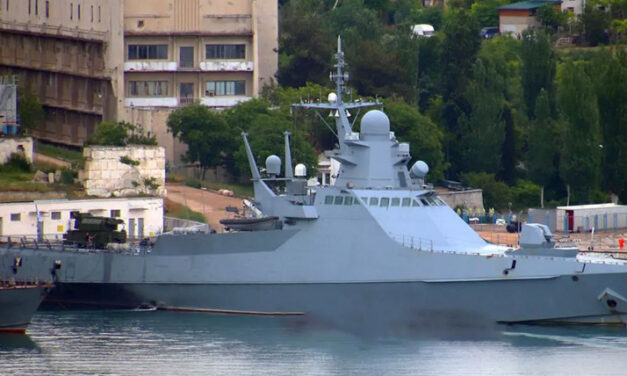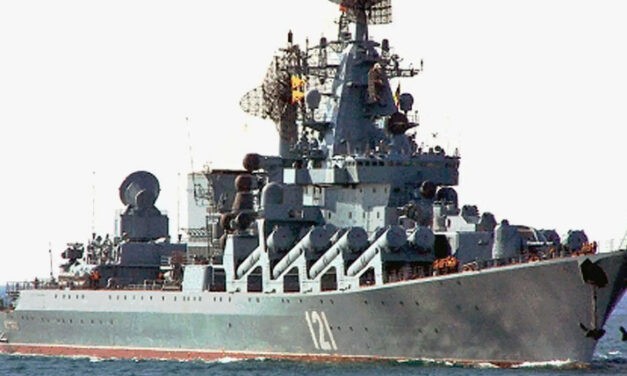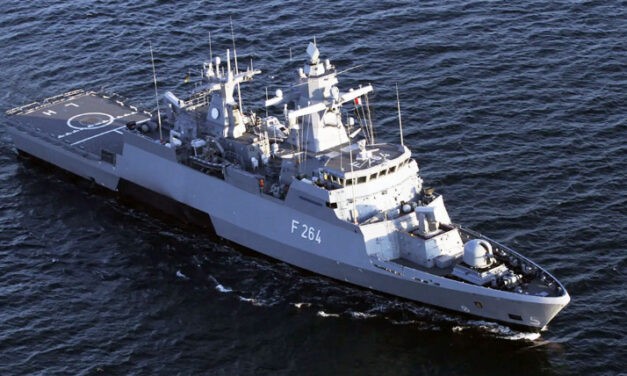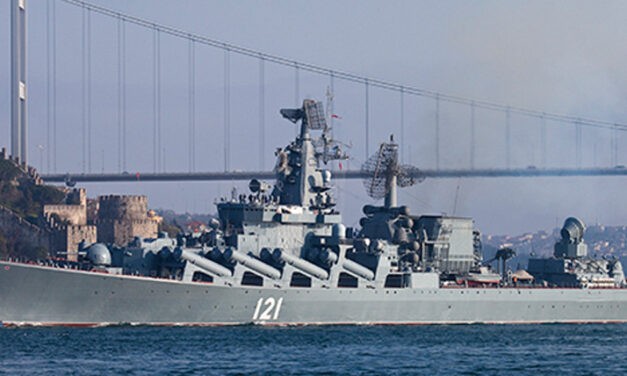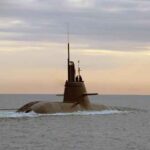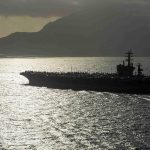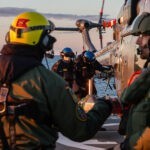Improvisation in the Black Sea - land systems in maritime operations
Although the war of aggression against Ukraine launched by President Putin at the end of February 2022 is mainly taking place on land, its maritime component is of no less strategic importance for the two warring parties. This is made clear by Russia's maritime blockade of the Ukrainian coast and port cities, including the dramatic developments surrounding the export of grain exports of global importance, the ongoing projection of a possible landing of Russian forces from the sea, the use of the Black Sea as an operational and launch area for Russian cruise missiles and the struggle for Snake Island. It was against this backdrop that we became aware when images emerged in June that...


